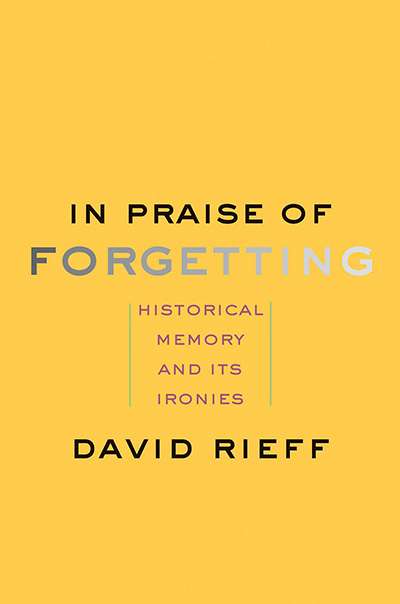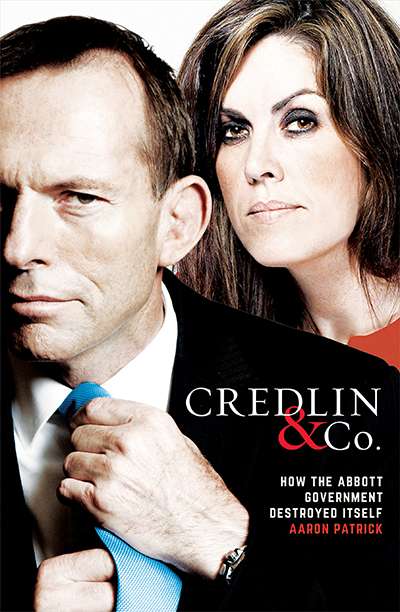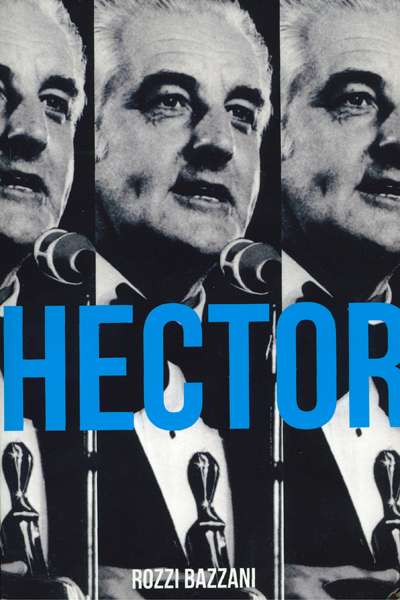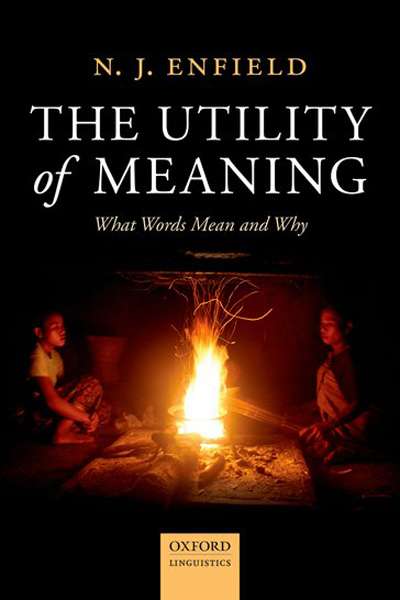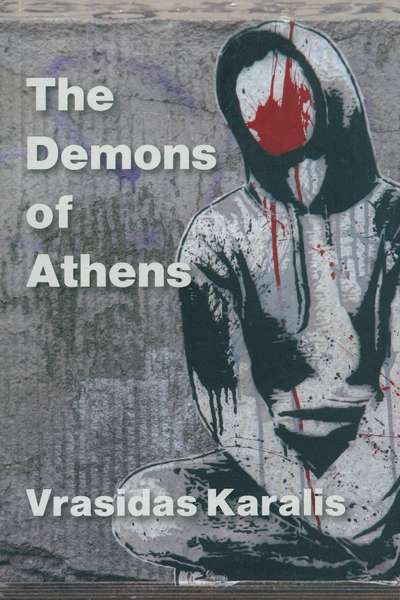Non Fiction
In Praise of Forgetting: Historical memory and its ironies by David Rieff
by Andrea Goldsmith •
Credlin & Co by Aaron Patrick & The Road to Ruin by Niki Savva
by Lucas Grainger-Brown •
Places Women Make: Unearthing the Contribution of Women to Our Cities by Jane Jose
by Gillian Dooley •
When Take Me to Paris, Johnny was first published in 1993, the AIDS crisis seemed to be at its worst. Many of us had friends and acquaintances who were dying. One began to notice men who, thin and haggard, one feared were suffering from AIDS (women victims being relatively few in number). There was no sign of the drug therapies that would, towards the end o ...
A Little America in Western Australia: The US Naval Communication Station at North West Cape and the Founding of Exmouth by Anthony J. Barker and Michael L. Ondaatje
by Seumas Spark •
The Utility of Meaning: What Words Mean and Why by N.J. Enfield
by Kate Burridge •
Why Acting Matters by David Thomson & Great Shakespeare Actors by Stanley Wells
by John Rickard •
Lost Plays in Shakespeare's England edited by David McInnis and Matthew Steggle
by Ian Donaldson •


